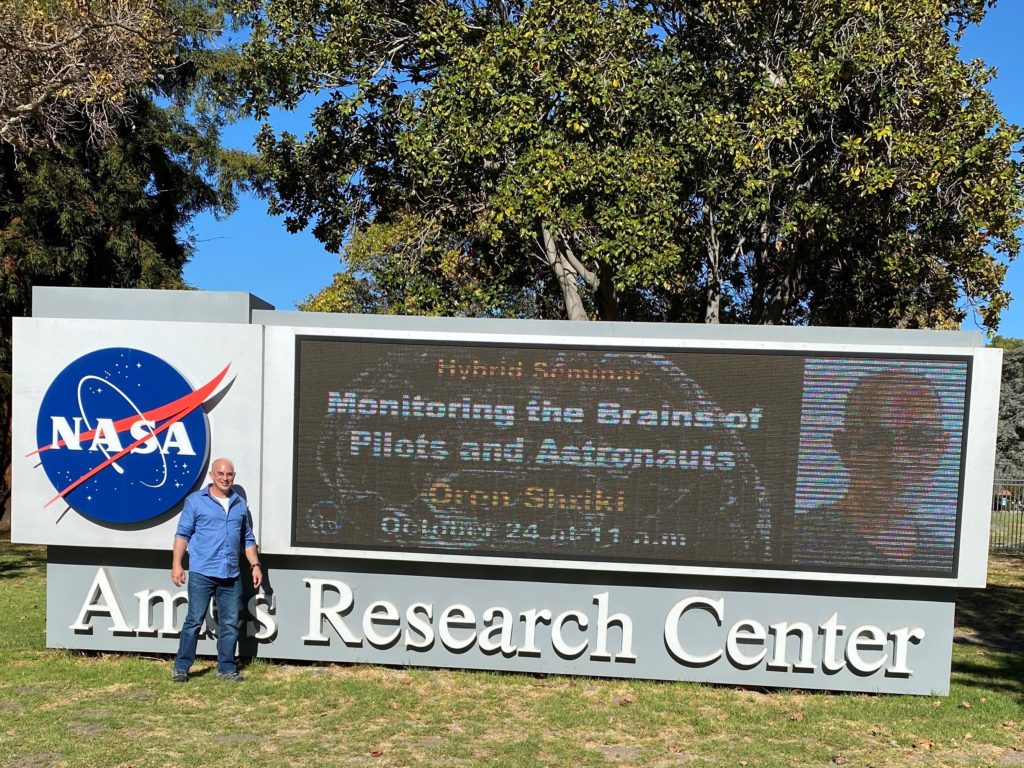
BGU Develops AI-Based Software to Track Progression of ALS
BGU Develops AI-Based Software to Track Progression of ALS
February 25, 2019
Medical Research, Robotics & High-Tech
The Times of Israel – Researchers at Ben-Gurion University of the Negev have developed a new, artificial intelligence (AI) based software to monitor and predict the progression of neurodegenerative diseases. The platform was developed by Prof. Boaz Lerner of the BGU Department of Industrial Engineering and Management and his team.
The idea is to identify markers in diseases such amyotrophic lateral sclerosis (ALS), also known as Lou Gehrig’s disease, and other neurodegenerative diseases, such as Parkinson’s and Alzheimer’s, to help develop personalized patient care and improve drug development.
ALS is a motor neuron disease that causes the death of neurons controlling voluntary muscles and almost invariably progresses with time. It affects people of all races and backgrounds. In 2016, the Centers for Disease Control and Prevention estimated that between 14,000 to 15,000 Americans have ALS.
“One of the big challenges of designing and managing clinical trials for ALS stems from the fact that not only is it a rare disease, but also the ALS population is very heterogeneous,” Prof. Lerner says. This makes it hard to identify common markers and to tailor specific treatments to all patients.
“For example, a certain treatment could suit some patients, while it may lead to side effects for patients of other groups. Similarly, another treatment will suit only another group of patients,” Prof. Lerner explains.
The platform analyzes demographic data such age and sex, together with clinical data such as vital signs (blood pressure and the location in the body in which the disease started), and lab test results. Using machine learning and data mining algorithms, factors are identified that enable the software to produce models that can predict the rate and pattern of ALS progression.
The new software is able to divide the ALS patient population into “small homogeneous sub-groups of patients that are similar to each other in some aspect. This can help tailor a personalized treatment as well as design and manage clinical trials for patients of a specific homogeneous sub-group,” says Prof. Lerner.
The technology will initially focus on ALS and at a later stage will be adapted to various other neurodegenerative diseases. BGN Technologies has filed for a patent for the technology.




